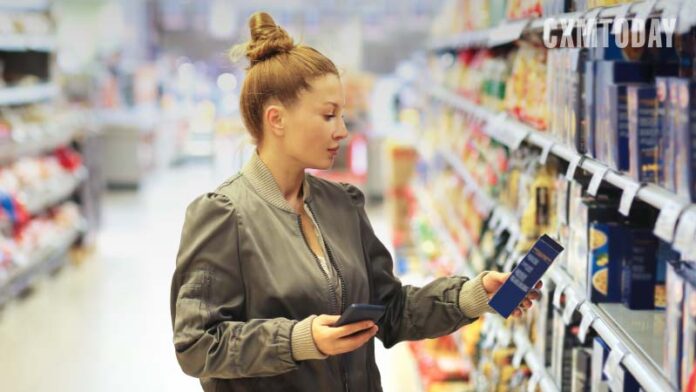An alliance of retailers who have pledged to reduce single-use plastic bags (the Plastic Alliance) has launched campaigns to encourage people to use environmentally-friendly products.
An alliance of retailers who have pledged to reduce single-use plastic bags (the Plastic Alliance) has launched campaigns to encourage people to use environmental-friendly products.
The Institute of Strategy and Policy on Natural Resources and Environment (ISPONRE) under the Ministry of Natural Resources and Environment (MoNRE), in coordination with Hanoi’s Department of Industry and Trade (DoIT), called on enterprises to sign up to the commitment related to plastic waste reduction. It is part of the “Rethinking Plastics – Circular Economy Solutions to Marine Litter in Vietnam” project funded by the European Union (EU) and the German Government and carried out by the French Agency for International Technical Cooperation (Expertise France).
A survey by the institute showed that up to 104,000 single-use plastic bags are used at supermarkets each day, equivalent to 38 million bags a year.
Nguyen Trung Thang, Deputy Director of ISPONRE, said the Plastic Alliance gathers 16 retailers and has stepped up communication efforts to encourage and create favorable conditions for residents to replace non-biodegradable plastic bags with eco-friendly bags.
Fanny Quertamp, senior advisor of Expertise France in Vietnam, said concerns were raised at the beginning of the project because the perception was it would be difficult to change people’s behavior, especially when plastic bags are free and some supermarkets are afraid of losing customers. However, it proved to be effective thanks to the participation of DoIT and active support from the alliance members, she said.
According to Kim Thi Thuy Ngoc, head of the Science and International Cooperation Department under ISPONRE, communication activities play an important role in changing people’s behavior in shifting away from single-use and non-biodegradable plastics to eco-friendly alternatives.
Government policies relating to the production, import, and use of nylon bags also reduce the consumption of these products.
She cited a project on strengthening plastic waste management in Vietnam as an example. The project, which was started by MoNRE and approved by the Prime Minister, targets the use of 100 percent environmentally-friendly plastic bags and packaging at shopping malls and supermarkets in the country by 2025.
Other goals include collecting, reusing, recycling, and treating 85 percent of plastic waste. It intends to reduce the volume of plastic waste dumped into oceans by half; and completely cut plastic waste from tourism complexes, hotels, and other lodging facilities.
A government decree dated January 1, 2022, guiding the implementation of a number of articles of the Law on Environmental Protection stipulated that the manufacturing and importing of non-biodegradable nylon bags with dimensions less than 50cm x 50cm and film thickness of fewer than 50 micrometers will be stopped from January 1, 2026. The production and import of single-use plastic products and non-biodegradable plastic packaging will also be banned from December 31, 2030.




